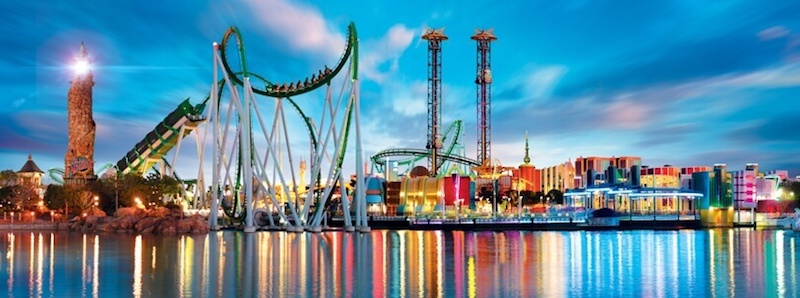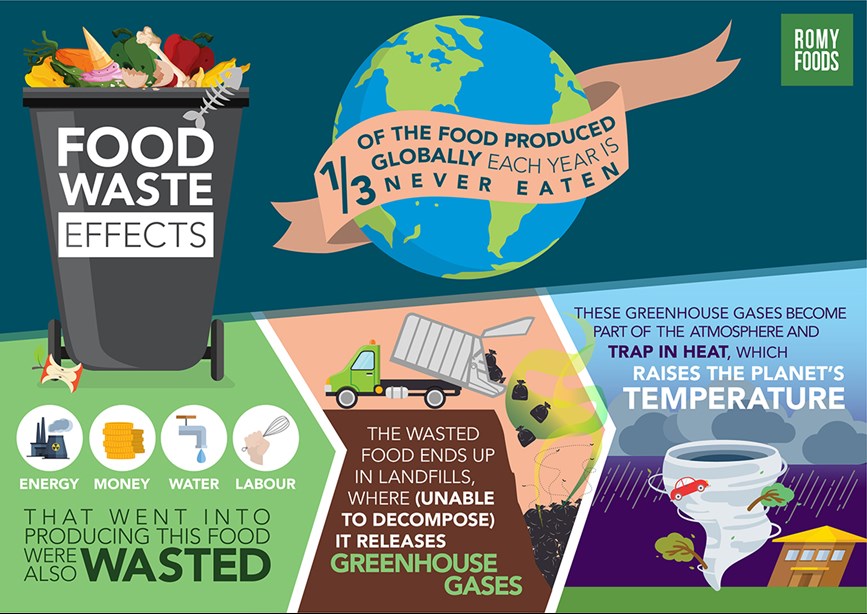Welcome urbans nomads! Today I will be talking about the environmental impacts generated by theme parks as these places are frequently visited by tourist from all over the world. In Singapore, the Universal studios are integral in attracting tourist worldwide to visit and stay at the integrated resorts. Theme parks have often been touted as destinations of “ fun and enjoyment”, but beneath this veneer, theme parks are often insidious in nature. While these places offer thrilling rides that entertains visitors, they have been a cause of concern for environmentalist.

Theme parks sources of entertainment for tourist
This arises as theme parks often require large supplies such as energy, water over the large parcels of land to support these giant operations, thereby having both direct and indirect benefits on the environment.
Air Pollution
Theme parks contribute indirectly to the air pollution. Firstly, air pollution is generated due to the massive amounts of energy which are demanded in order to ensure the operation of the theme parks. Fossil fuels have been burned in order to power the rides and facilities, to cool the buildings and power any streetlights found along the theme parks (Wood,2020). As theme parks require large plots of land, they therefore tend to be located near urban fringes and away from the city. As tourist have to travel to these parks, Carbon dioxide emissions are generated when the excess gasoline is used as tourist have to use transport to get to these parks.

Theme park rides require massive amount of energy in order to operate
Excess Waste
As a tourist attraction, theme parks draw in large crowds which often stay for extended periods of time—especially those which have a lot of concession stands; are a perfect recipe for generating a lot of trash. Although a proportion of trash can be recycled, these materials require sorting and have to be taken to recycling facility for processing, thereby increasing the consumption of fossil fuels. Non- recyclables typically end up in landfills, contributing to global warming due to the emission of methane, a greenhouse gas when it decays.

An infographic showing food waste and the byproduct of Greenhouse Gases
Another form of waste would be human waste as large groups of tourists are gathered over a contained area. To address this problem, theme parks must either build its own sewage treatment plant, which require a lot of resources like water and energy to operate, or to tap onto existing sewage facilities found in nearby, but run the risk of overwhelming these sewage plants which can lead to the leakage of septic waste with local ground water if untreated properly (Wood,2020). Furthermore, at theme parks, the food which are often consumed are highly processed food such as sausages and hotdog buns. These food are incredibly high when looking at the virtual water, contributing to the increasing ecological footprint on the theme parks.

Sewage spill hits Laguna Beach
Excess Water Usage
I personally enjoyed the water theme slides found at the Disney land at Hong Kong. Like myself, many tourists similarly also enjoy water theme attractions. In order to operate these water base rides; a significant amount of water is required. Even though a lot of the water that have been used by these attractions are recycled, the initial operations still requires huge quantity of water when the rides are installed. Furthermore, the basic upkeep of the park’s attraction can put a strain on the demand for local water supply; as caring for the equipment and landscape requires large amounts of water (Wood,2020). As such, these lead to environmental degradation if nearby aquifers are unable to cope with the water stress.

Water intensive attractions at theme parks
To conclude, theme parks can be environmentally damaging. However, theme parks such as Disney have taken a more environmentally friendly stance, which will be discussed in the next blog post, stay tuned!
References
Wood, Z. (2020). Consider Your Environmental Impact While Inside Theme Parks. Retrieved 3 November 2020.
Environmental pollution. (1987). Environmental Pollution,

Annie January 10, 2023
Very helpful